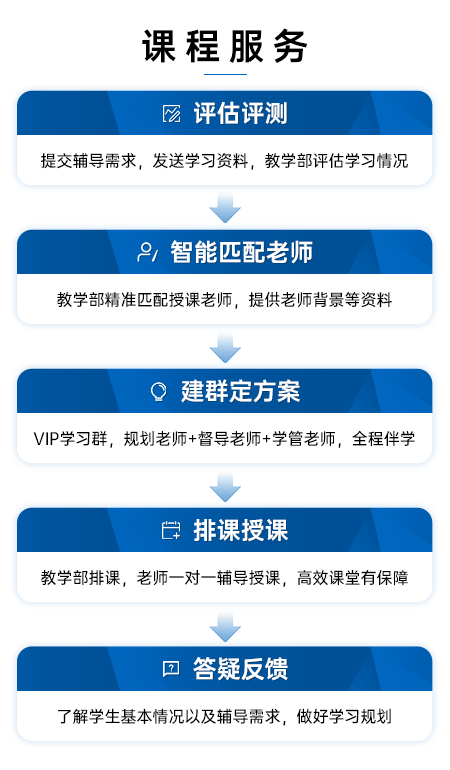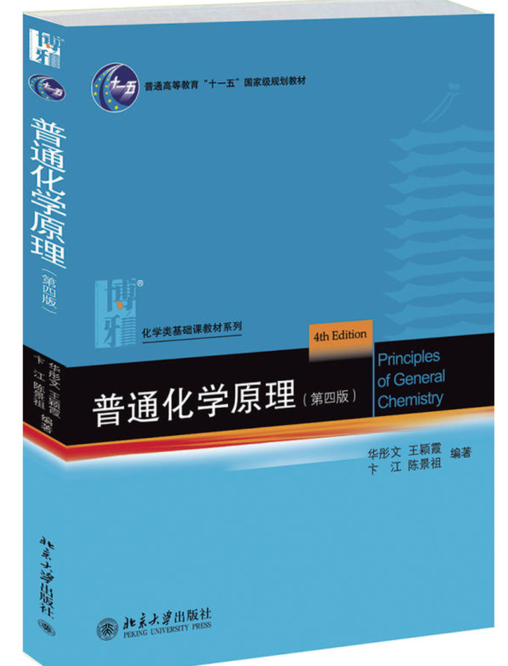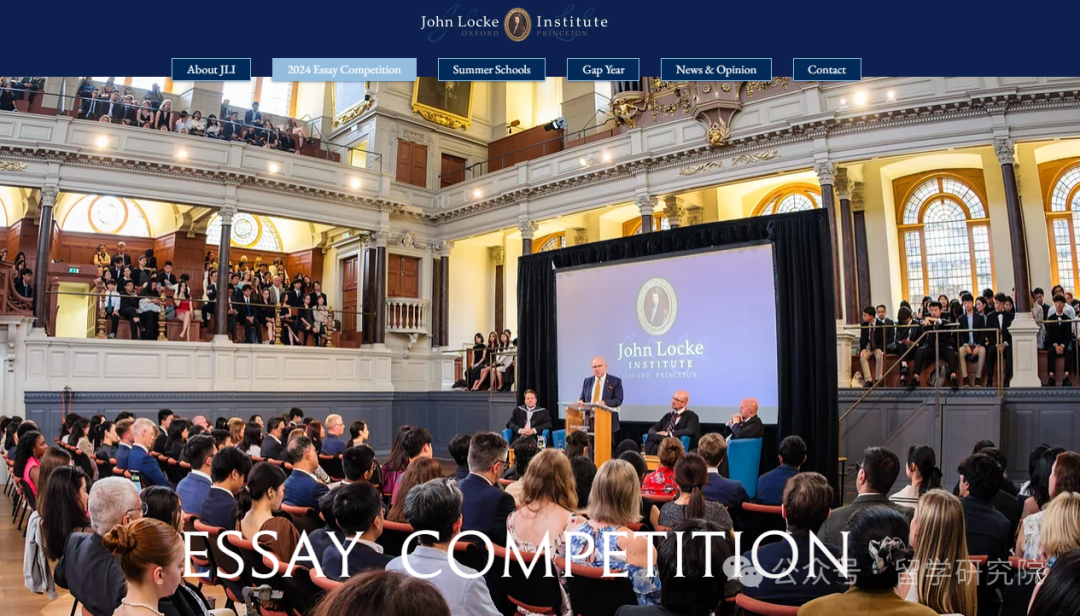本期为大家推荐曼彻斯特大学、西交利物浦大学2025最新奖学金介绍。
1、曼彻斯特大学
[FSE Bicentenary PhD] Human-Robot Teams - from Requirements to Verification
The University of Manchester | Department of Computer Science
博导:Prof Michael Fisher, Dr Marie Farrell
截止日期:全年可申
资助的博士项目(全球学生)
About the Project
This project will develop, and exhibit, mathematical methods for the end-to-end, formal specification and verification of human-robot teamwork. These formal methods are used in the development of safety-critical systems, such as those in aerospace, automotive, and healthcare, where failures can be catastrophic. This project will: (a) enhance formal requirement techniques to include teamwork; (b) develop a methodology to link, correctly and traceably, formal requirements to a range of verification techniques; and (c) exhibit the practical application of this approach across a suitable teamwork scenario.
For (a) we utilise NASA's Formal Requirements Elicitation Tool (FRET) as it provides a user-friendly platform for capturing and formalising system requirements. FRET translates natural language requirements into temporal logic, reducing ambiguity and enabling early-stage validation. However, FRET currently lacks elements to describe multiple agents, limiting its use in teamwork scenarios. The project will extend FRET, incorporating mechanisms for modelling human-robot teams.
For (b) we develop a methodology to link (our enhanced) FRET to a multi-agent verification framework, allowing formalised FRET requirements to be used as contracts in the verification process. This will enable systematic decomposition and verification of team components.
For (c) we target models of ambitious human-robot team activities and apply (and refine) work from (a) and (b). The target scenario(s) will be defined based on our work with NASA on lunar and planetary teams (tackling exploration, habitat monitoring, astronaut safety assessment, maintenance, etc.) and our work in the CRADLE centre on human-robot teams for inspection and maintenance of urban infrastructure or for disaster management.
Before you apply:We strongly recommend that you contact the supervisor(s) for this project before you apply.
How to apply:To be considered for this project you’ll needcomplete a formal application through our online application portal.This link should directly open an application forFSE Bicentenary PhD.
When applying, you’ll need to specifythe full name of this project,the name of your proposed supervisor/s,details of your previous study, and names and contact details of two referees. You also need to provide a Personal Statement describing the motivation to apply to the project and your CV. Your application cannot be processed without all of the required documents, and we cannot accept responsibility for late or missed deadlines where applications are incomplete.
Equality, diversity and inclusion:Equality, diversity and inclusionare fundamental to the success of The University of Manchester, and are at the heart of all of our activities. We know that diversity strengthens our research community, leading to enhanced research creativity, productivity and quality, and societal and economic impact. We actively encourage applicants from diverse career paths and backgrounds and from all sections of the community, regardless of age, disability, ethnicity, gender, gender expression, sexual orientation and transgender status.
We also support applications from those returning from a career break or other roles. We consider offering flexible study arrangements (including part-time: 50%, 60% or 80%, depending on the project/funder).
Eligibility:Applicants should have, or expect to achieve, at least a 2.1 honours degree or a master’s (or equivalent) in a relevant science or engineering related discipline.
Funding Notes
Funding for this project covers tuition fees, UKRI minimum annual stipend (currently £19,237/annum) and up to a £5k/annum research training support grant for the full duration of the 4-year programme.
2、西交利物浦
Green Electronic Interconnections (GEI): Optimal Design for Lead-free Solder Joints in Advanced Microelectronic Packaging
Xi’an Jiaotong-Liverpool University| Design School
博导: Dr Tianhong Gu
截止日期:全年可申
资助的博士项目(全球学生)
About the Project
Solder joint is a critical element for interconnecting components in advanced electronic packaging in Semiconductor and lead (Pb)-free solder joint is a prerequisite for Green Electronic Interconnections (GEI). Today, Pb-containing solders still dominate part of high-reliability industrial usage such as integrated circuits, chips, quantum computer components, electrification systems for aerospace and automotive, and control units for nuclear energy facilities. Therefore, developing innovative Pb-free solders towards GEI to replace the existing Pb-containing solders is significantly important due to its known toxicity and health & environment impacts. As demands for multifunction, high-performance and low-cost devices increase, there is a great need to consider device miniaturisation in microelectronics. This study will investigate new methodologies for solder joints, through conducting microstructure control & component fabrication, performing micromechanical testing & microstructural characterisation, and developing computational modelling & microstructural design, to design optimal Pb-free solder joint microstructures and establish a new approach guided for their formation during processing in the application of advanced microelectronic packaging.
For more information about doctoral scholarship and PhD programme at Xi’an Jiaotong-Liverpool University (XJTLU), please visit:
- http://www.xjtlu.edu.cn/en/study-with-us/admissions/entry-requirements
- http://www.xjtlu.edu.cn/en/admissions/phd/feesscholarships.html
Supervisors:
- Principal supervisor: Dr Tianhong Gu (XJTLU)
- Co-supervisor: Prof Konstantinos Papadikis (XJTLU)
- Co-supervisor: Prof Karl Whittle (UoL)
- Co-supervisor: Dr Maulik Patel (UoL)
Requirements:
The candidate should have an undergraduate degree with a first-class or upper second-class honours degree, and/or a master’s degree with distinction or merit. For Chinese universities, GPA ≥ 3.5/4.0 or 80-85/100) (or equivalent qualification) in Materials Science and Engineering or relative fields in Engineering and Science. The candidate is desirable to be familiar with relevant techniques in microstructure characterisation, e.g. SEM and TEM, and thermomechanical testing, e.g. tensile, fatigue, and compression, as well as having hands-on experience with computational simulation, e.g. Matlab and Abaqus.
Evidence of good spoken and written English is essential. The candidate should have an IELTS score of 6.5 or above (or TOEFL of 79 and above) if the first language is not English. This position is open to all qualified candidates irrespective of nationality.
Degree:
The student will be awarded a PhD degree from the University of Liverpool (UK) upon successful completion of the program.
Funding:
The PhD studentship is available for three years subject to satisfactory progress by the student. The award covers tuition fees for three years (currently equivalent to RMB 99,000 per annum) and provides a monthly stipend of 5,000 RMB as a contribution to living expenses. It also provides up to RMB 16,500 to allow participation at international conferences during the period of the award. It is a condition of the award that holders of XJTLU PhD scholarships carry out 300-500 hours of teaching assistance work per year. The scholarship holder is expected to carry out the major part of his or her research at XJTLU in Suzhou, China. However, he or she is eligible for a research study visit to the University of Liverpool of up to six months, if this is required by the project.
How to Apply:
Interested applicants are advised to emailtianhong.Gu@xjtlu.edu.cnthe following documents for initial review and assessment (please put the project title in the subject line).
- CV
- Two reference letters with company/university letterhead
- Personal statement outlining your interest in the position
- Proof of English language proficiency (an IELTS score of 6.5 or above)
- Verified school transcripts in both Chinese and English (for international students, only the English version is required)
- Verified certificates of education qualifications in both Chinese and English (for international students, only the English version is required)
- PDF copy of Master Degree dissertation (or an equivalent writing sample) and examiners reports available
Informal enquiries may be addressed to Dr Tianhong Gu (emailtianhong.Gu@xjtlu.edu.cn), whose personal profile is linked below:
https://www.xjtlu.edu.cn/en/study/departments/design-school/civilengineering/department-staff/academic-staff/staff/tianhong-gu.













